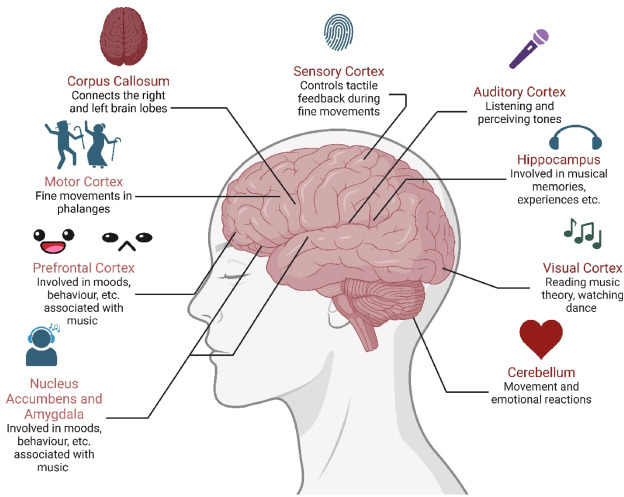
In a pioneering study published in Alzheimer’s & Dementia, five individuals diagnosed with Alzheimer’s disease underwent 40-hertz light and sound stimulation for one hour each day over a span of two years, leading to impressive results for some. This trial, which employed a method known as GENUS (gamma entrainment using sensory stimuli), was initially disrupted by the COVID-19 pandemic but yielded significant long-term insights.
Three women suffering from late-onset Alzheimer’s displayed notable enhancements in cognitive function and declines in tau protein levels, which are associated with neuronal impairment. This research represents the longest duration for testing this therapy, with MIT researchers at the forefront of this method. Preliminary studies indicated its effectiveness in mice by improving neural synchrony and waste elimination, fundamental processes tied to cerebral health.
A Pandemic Cut the Trial Short
The trial began with 15 participants but was shortened due to the pandemic after three months. Still, five participants managed to continue the therapy at home, creating an exceptional dataset for prolonged use. Detailed assessments revealed encouraging results in comparison to control groups from large-scale Alzheimer’s databases.
Researchers remarked, “We found that daily 40Hz audiovisual stimulation over 2 years is safe, feasible, and may slow cognitive decline and biomarker progression, especially in late-onset AD patients.”
Why It Worked for Some and Not Others
Remarkably, the treatment’s effectiveness varied according to the timing of disease onset. Late-onset patients reported cognitive enhancements and reductions in biomarkers, with one woman exhibiting a 47% decrease in phosphorylated tau-217—a recently FDA-approved marker. Conversely, the two men with early-onset Alzheimer’s saw no improvements, a trend the researchers believe is linked to different pathological mechanisms between early and late-onset Alzheimer’s.
The research suggests, “GENUS may be less effective in early onset Alzheimer’s disease patients, potentially due to significant pathological variations from late-onset Alzheimer’s disease that might lead to different responses.”
Despite involving a limited sample size, the non-invasive and side-effect-free results of the treatment are noteworthy. As a result, a nationwide phase III trial is currently underway, led by Cognito Therapeutics, an MIT spinoff. Furthermore, researchers plan to explore preventative strategies for individuals genetically predisposed to Alzheimer’s.
Lead author Diane Chan, presently at Massachusetts General Hospital, alongside Picower Professor Li-Huei Tsai, emphasized the promise of sensory stimulation in influencing the trajectory of Alzheimer’s. While conclusive results regarding the treatment’s effectiveness are still awaited, early signals indicate significant benefits for particular patient demographics.
Journal: Alzheimer’s & Dementia: The Journal of the Alzheimer’s Association
Article: Gamma sensory stimulation in mild Alzheimer’s dementia: an open-label extension study